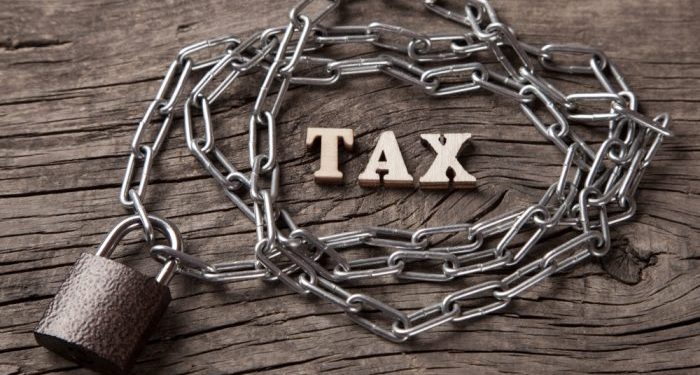Grid has alerted Jeremy Hunt MP about HMRC’s flawed interpretation of OpRA legislation, causing double taxation on GIP benefits for employees in the claim, and calls for urgent action to address the issue.
In a letter, Grid’s Paul White and Clare Lusted demanded immediate action to address HMRC’s recent interpretation of OpRA provisions, which they deemed to be unjust and inconsistent with other tax laws and resulted in the double taxation of GIP benefits.
According to HMRC’s most recent interpretation of OpRA law, GIP supplied through salary sacrifice is double taxed, whereas other types of GIP are only taxed once, either on premiums or proceeds.
Grid believes that the OpRA legislation doesn’t apply to the salary sacrifice made by employees for GIP, meaning it shouldn’t be taxed. They are urging HMRC to adopt this position as it would benefit all parties involved without requiring any legislative changes.
Swiss Re Group Watch 2022 stats show that the uncertainty surrounding GIP has led to a decrease in the number of employers offering flexible top-up options, which could accelerate the decline of this comprehensive coverage if employers find it too complex.
Grid finds HMRC’s current stance at odds with the government’s efforts to bring more people back to work and reduce the costs associated with a large portion of the workforce being economically inactive.
Grid urges benefits consultants, advisers, and insurers to inform employers of the issue. Employers have until the end of 2023 to review and communicate any changes to GIP salary sacrifice schemes. GIP claim payments under salary sacrifice schemes will be tax-free until 1 January 2024, after which the OpRA rules will apply.
Grid chair Paul White says: “At a time when Government is looking at the insurance industry for ways to encourage individuals to take increased personal responsibility through adequate insurance, HMRC’s intransigence is pushing employees away from GIP schemes and into a position of having no or inadequate income protection cover should they fall ill.
“As a sector, we know that work is good for employee health. We specialise in helping employers get their staff back to work after an illness or injury and we know that early intervention and retaining the link with the employer is vital. If employers are not incentivised to invest in solutions, sick employees languish at home waiting for costly state support while their condition gets worse, and their former employer has to seek a replacement, harming productivity and increasing costs.
“We urge the Chancellor of the Exchequer to direct HMRC to review its policy on GIP contributions via salary sacrifice and to adopt the correct interpretation of the legislation, especially in the current economic climate where protection of this nature offers good value and a lifeline to many employees in their hour of need.”
The post Grid tackles double taxation of GIP under OpRA appeared first on Corporate Adviser.



